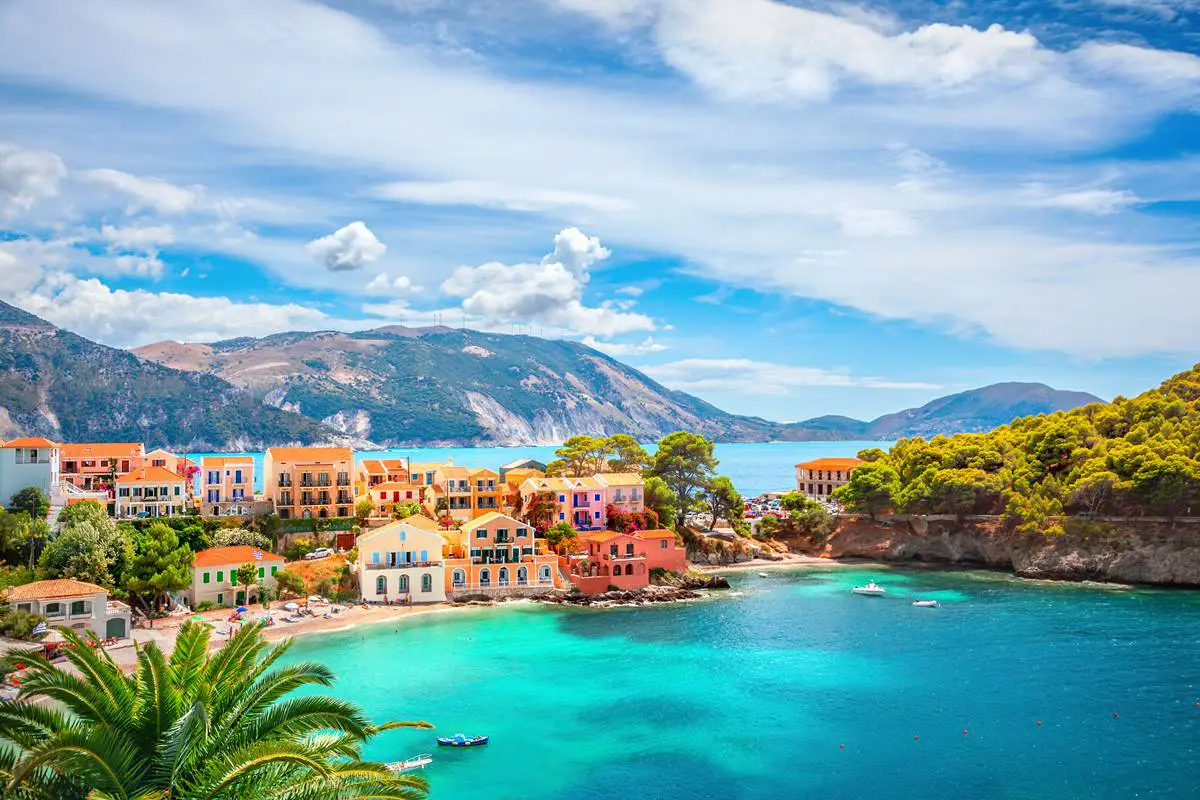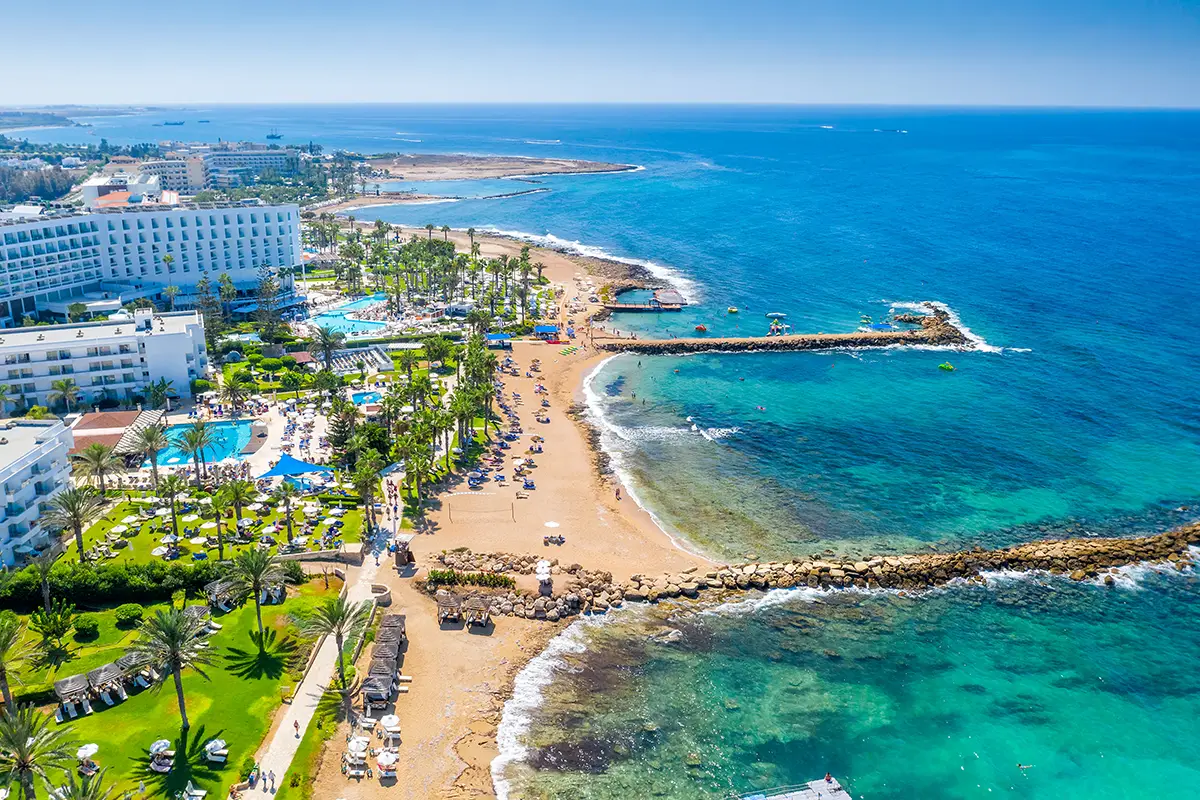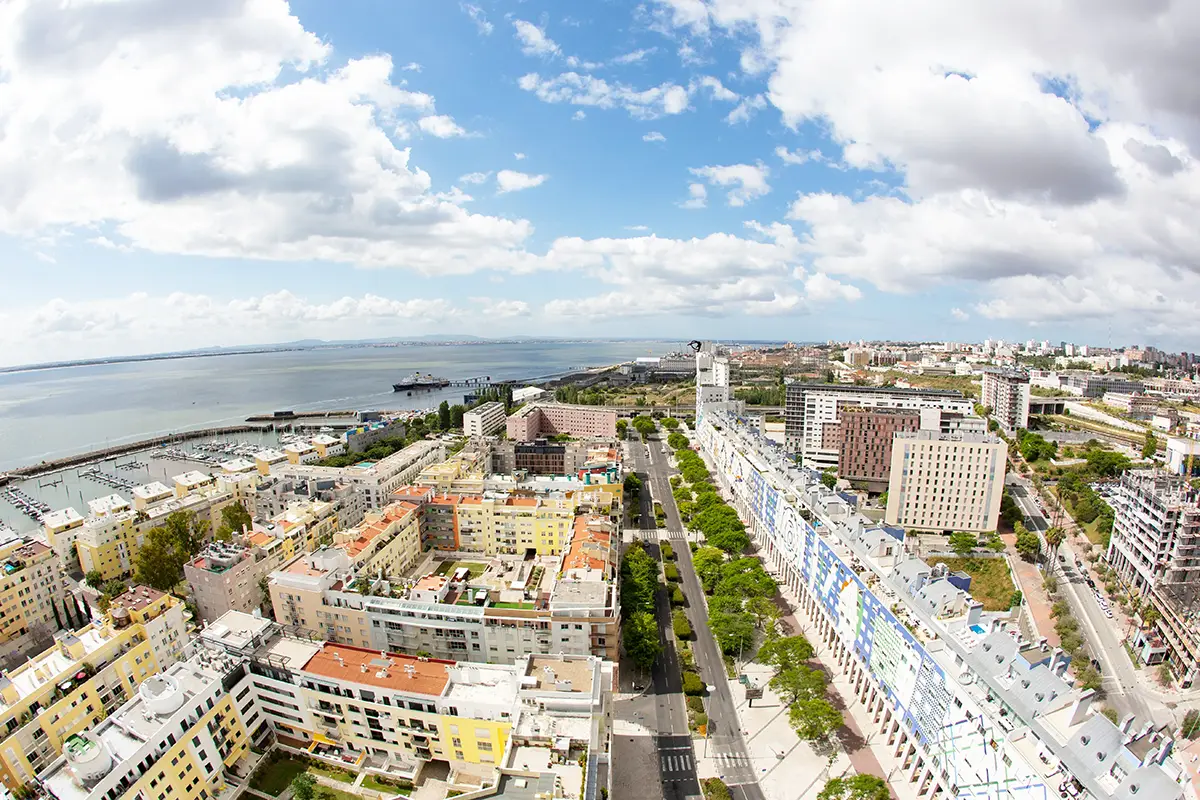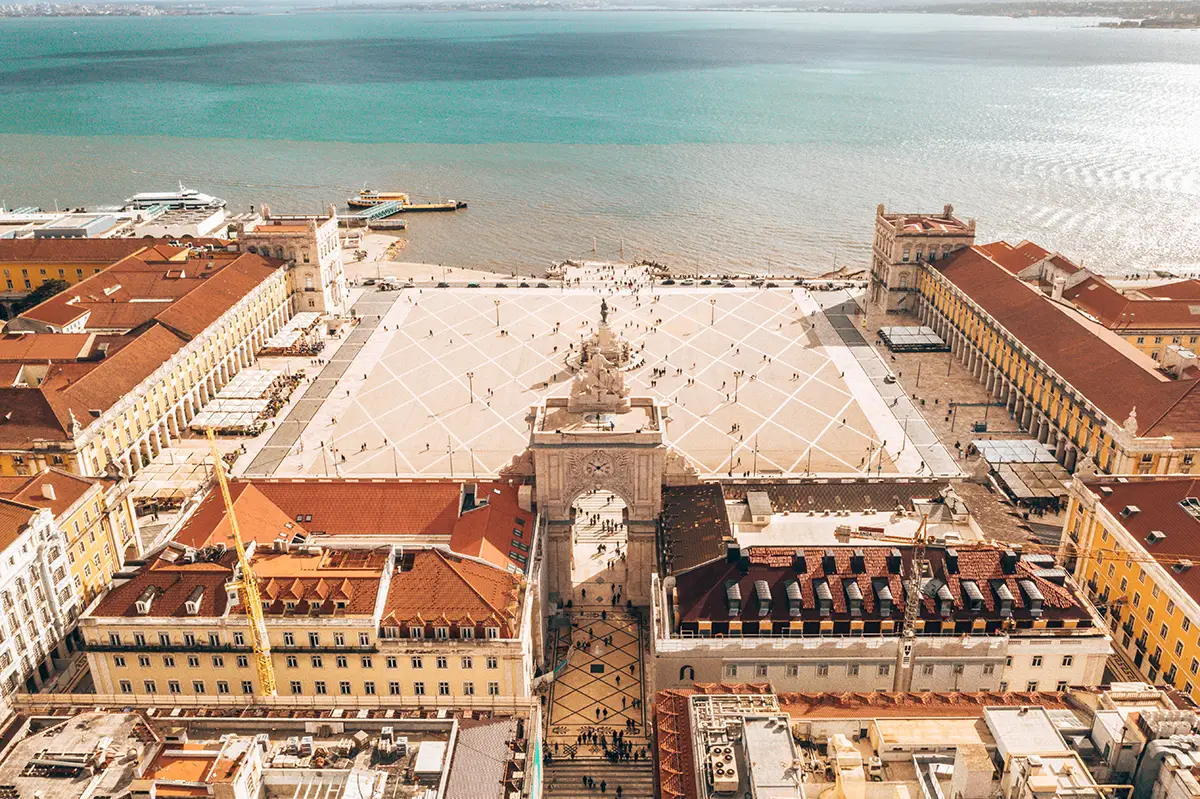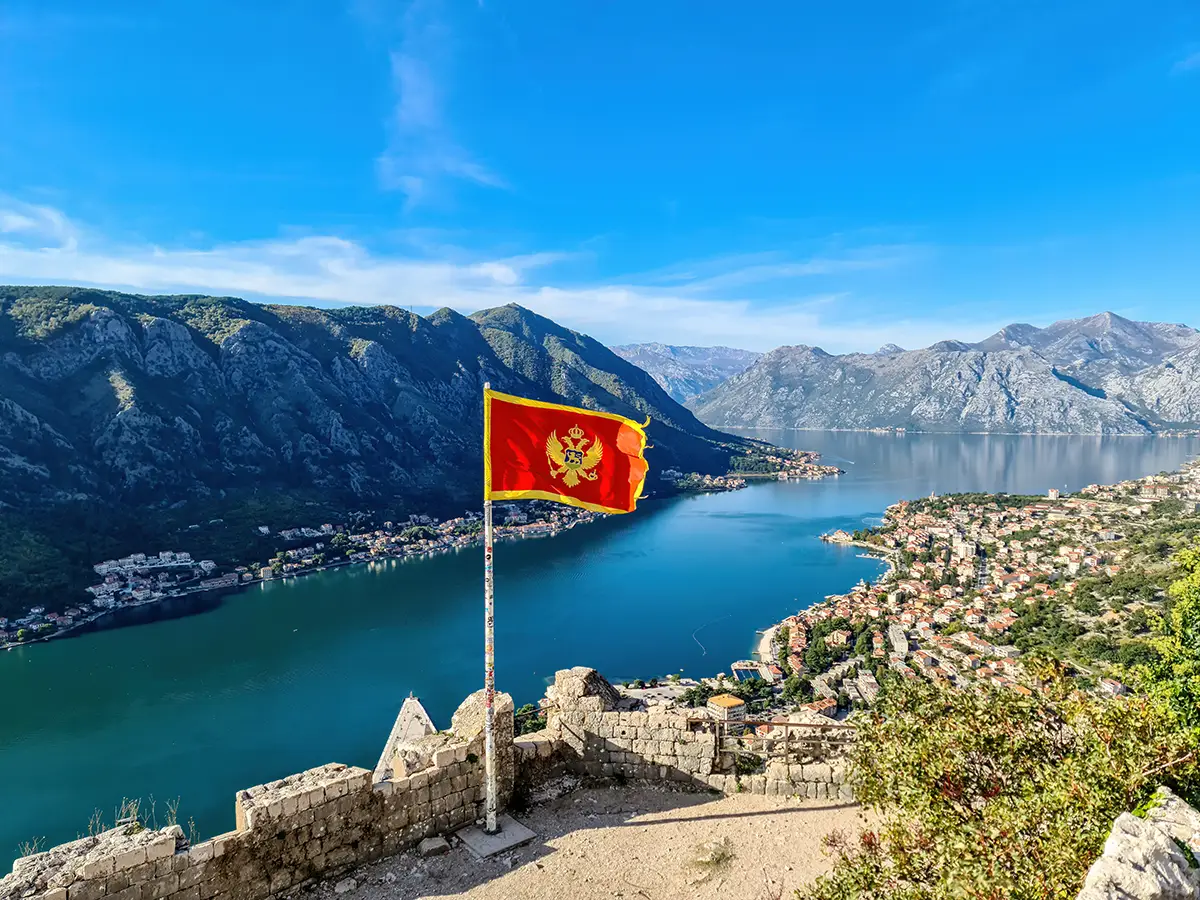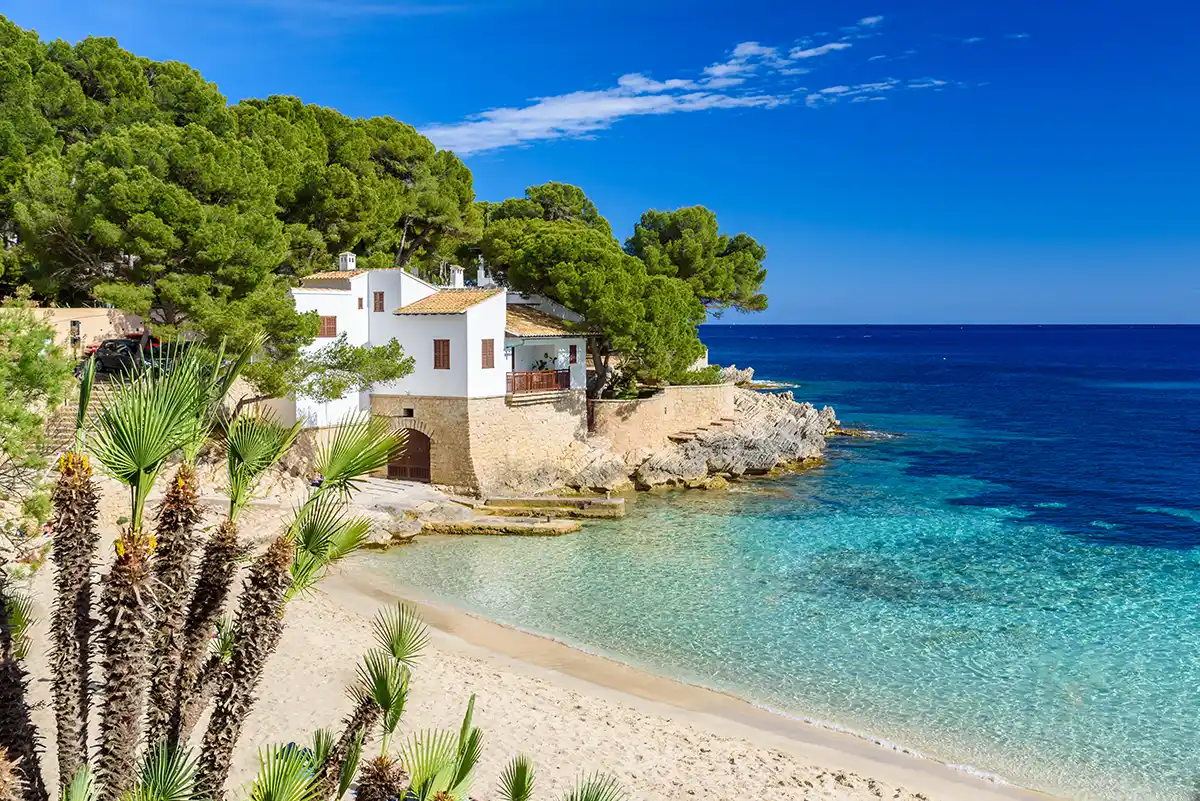What is Residency?
In terms of citizenship vs residency, the latter grants you, as a foreign national, the legal right to live in a country, either temporarily or permanently. Obtaining is often the first step for investors, entrepreneurs, retirees, and remote workers seeking to move abroad.
While residents are not entitled to a passport, they usually enjoy many of the same benefits as citizens, but without all the full perks and obligations of citizenship.
Residency typically falls under two categories: Temporary and Permanent.
- Temporary Residency: Only available for a set amount of time. This status is often provided by governments to those who are coming to a country for work or study but expires once the due date arrives, which means the Temporary Resident will have to leave the country. This status must be renewed and doesn't lead directly to Citizenship.
- Permanent Residency: Grants indefinite stay, not needing to be renewed typically. It's often a pathway to Citizenship. Permanent Residency is only one step from Citizenship, and you can live, work, and do business as if you were a Citizen.
What is Citizenship?
Citizenship is the final and highest legal status you can hold in a country. You are entitled to the full legal rights, including all the residency benefits, and protections a country has to offer, and this usually (but not always) includes the right to vote and hold public office.
With citizenship, you become eligible to apply for a passport, broadening your international mobility options and access to other countries.
Becoming a citizen is possible in most countries after a certain amount of time has been spent in a country as a resident, though it varies depending on the jurisdiction.
Citizenship vs Residency Compared: Key Differences Explained
To make your decision easier, we’ve created a side-by-side table that compares citizenship vs residency, so you can clearly understand the difference between citizen and resident in terms of rights, obligations, and long-term benefits.
| Feature | Residency | Citizenship |
|---|---|---|
| Legal Status | Permission to live in a country | Full membership and nationality in a country |
| Duration | Temporary or Permanent | Lifetime (unless revoked) |
| Voting Rights | Not Allowed | Allowed in all national elections |
| Passport | No, residence permit only | Yes. Eligible for national passport |
| Travel Freedom | Limited to residency terms | Visa-free access based on citizenship passport |
| Tax Implications | May be taxed as a resident depending on stay requirements | May be taxed as a citizen depending on country |
| Family Inclusion | Some residency visas may allow | Full rights extend to dependents through family reunification |
| Eligibility for Social Benefits | Often partial or limited | Yes. Access to healthcare, education and social support. |
Understanding the difference between being a citizen and a resident helps clarify which path best aligns with your goals, whether it’s global mobility, tax efficiency, or long-term relocation.
Citizenship vs Residency: Why Choose One Over the Other?
The decision between citizenship vs residency isn’t an easy one and it depends on your goals, lifestyle, and long-term plans.
For many, Residency offers the same core benefits as Citizenship:
- Legal rights to live in the country
- Access to the country's healthcare and education systems
- Certain tax benefits depending on the country
In some cases, Residency might prove more advantageous than Citizenship, especially when it comes to Permanent Residency. This is because some countries, such as Japan, China, India, Saudi Arabia, and Singapore do not allow Dual Citizenship.
Compared to citizenship, residency can often offer many of the same benefits, something important to consider if your home country does not allow you to have a second nationality, which would mean giving up your original citizenship, which is not a decision to be made lightly.

This isn't to say getting Citizenship isn't worthwhile, as holding a second passport is always advantageous and preferable to Permanent Residency in some cases, like in the countries of the European Union, for example.
Benefits only EU Citizens enjoy:
- Live, work and study in any of the 29 European Countries in the Schengen Zone
- Visa-free travel to more than 170 countries worldwide with an EU Passport
- Pass down EU Citizenship to their children
- Enjoy higher standards of living EU Countries are known for
Read more:
EU Citizenship by Investment: How to Get the European Passport
How to get Citizenship vs Residency: Investment Migration Programs
Getting citizenship or residency through the traditional methods is always a more complex, bureaucratic process that involves moving and displacing your entire life to be in another country.
If you’re seeking a faster, more strategic path to global mobility, investment migration programs are among the most effective ways to acquire either residency or citizenship.
Some European countries, like Portugal and Greece, offer Residency by Investment (RBI) programs that can also lead to future citizenship, with business and real estate as the best investment options respectively.
>> Investment Visa Makes it Easy to Get EU Residency & Citizenship. From €155,000. <<
And that's not all. At Investment Visa, we also provide:
- Tailored Investment Strategies: We match your goals with the right Residency or Citizenship solution.
- Full Legal & Tax Compliance: Our team ensures your application meets both local and international requirements.
- End-to-End Support: From citizenship vs residency programs comparison, from selection to final approval, we guide you through every step of the way.
- Proven Track Record: Trusted by over 2,000 investors worldwide with 25+ years of experience.
Reach out and tell us what you need so we can start planning the best new residency or citizenship strategy for you














































